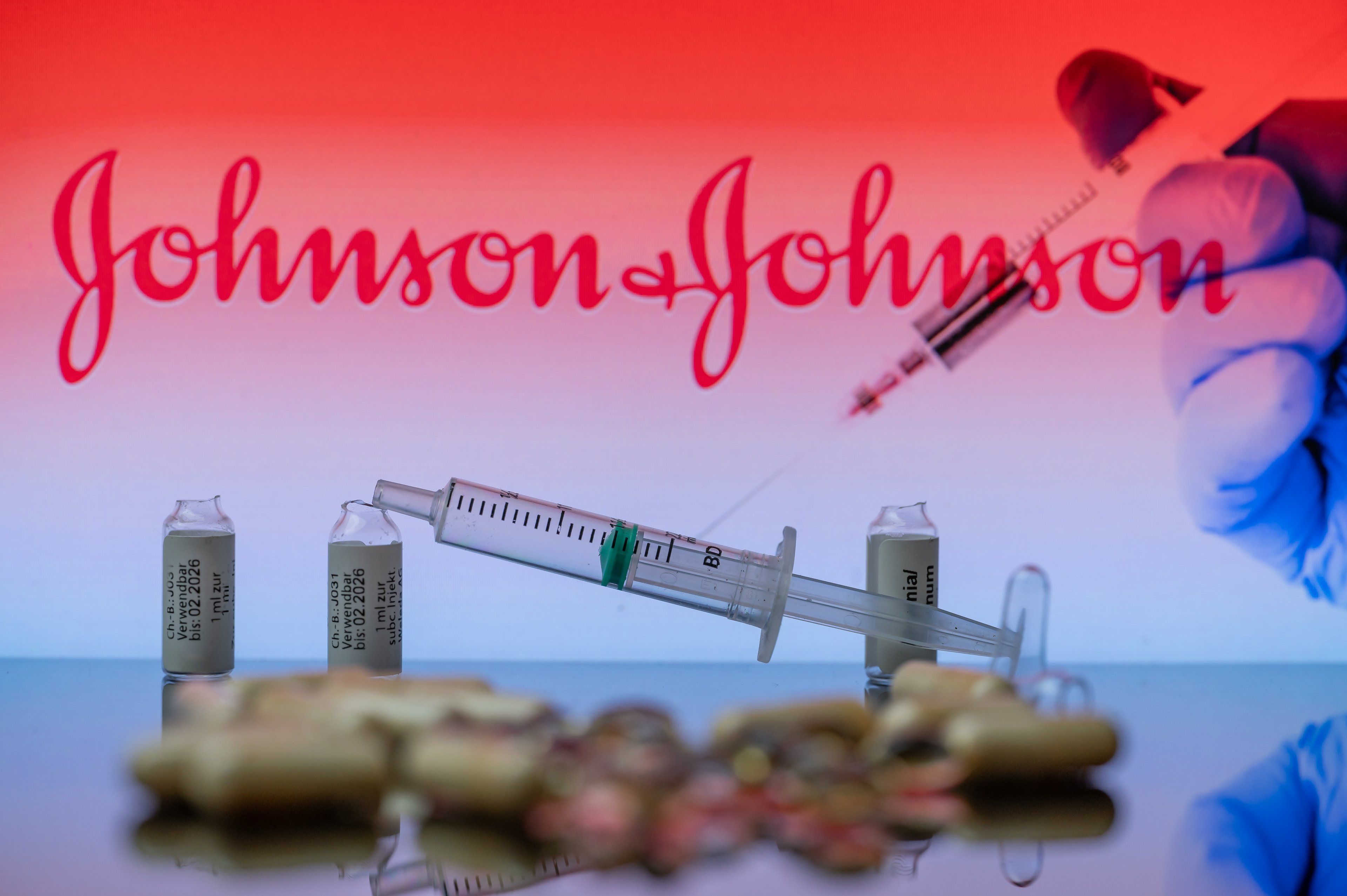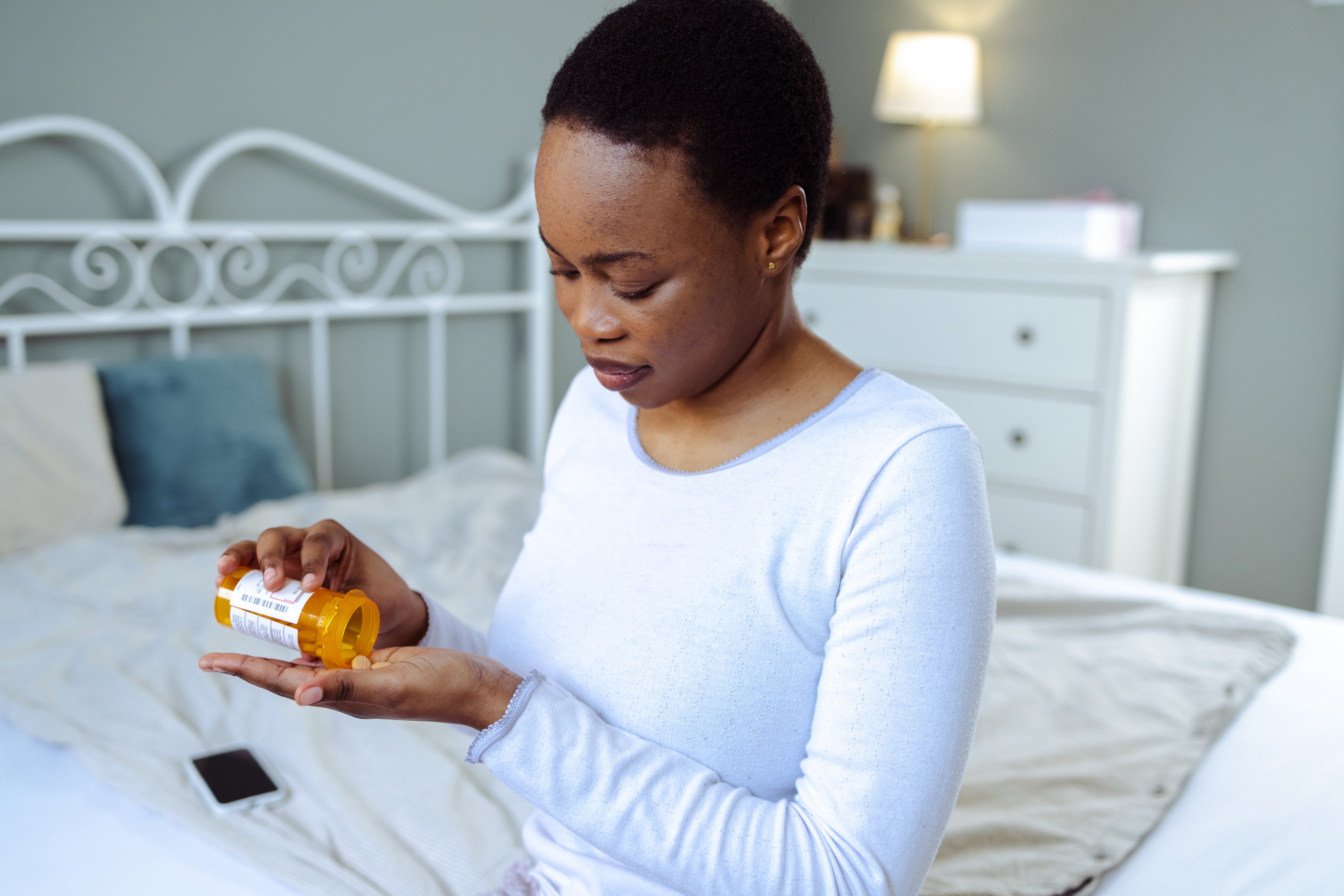Asking, "Is there a generic for that?" usually saves a bundle when your doctor prescribes an expensive brand-name drug. If you're one of the thousands of Americans who rely on Humira, Enbrel, or Remicade, though, odds are you'll still be paying through the nose for branded versions of these drugs, sold by AbbVie (ABBV 0.31%), Amgen (AMGN +0.11%), and Johnson & Johnson (JNJ 0.41%), respectively.
Even though the Food and Drug Administration has already approved copycat versions to be sold at a discount, U.S. sales of these three blockbuster drugs keep rising and are on pace to reach a combined $21 billion this year. So you might be surprised to learn that countries other than the U.S. are spending less on all of these drugs than they did a few years ago.

Images source: Getty Images
Humira, Enbrel, and Remicade are complex biologic drugs, which are impossible to recreate with 100% accuracy. This is why we need to use the term biosimilar, instead of generic, to describe copycat versions that competitors sell at a discount to the branded versions that have lost patent protection.
Biosimilar competition is pressuring sales of these drugs outside of the U.S., but Americans are spending more than ever. Here are a few reasons why.
1. Remicade: Exclusionary contracts
J&J's arthritis treatment Remicade became one of the first biologic drugs to encounter biosimilar competition in the EU when Hospira, now a Pfizer (PFE 0.93%) subsidiary, launched its version, called Inflectra, in 2015. Merck & Co. markets Remicade throughout the EU, Russia, and Turkey, where sales have plummeted from $2.37 billion in 2014 to an annualized run rate of just $874 million this year. In the U.S., though, Remicade sales actually increased around 8% over the same period to a $4.49 billion run rate.
Old Biologic Drugs Still on the Rise in the U.S.
Infogram
Pfizer managed to sell just $40 million worth of Inflectra in the U.S. in the first half of 2017, even though it's been available at around a 10% discount to Remicade since last October. Pfizer claims Johnson & Johnson threatened to withhold significant rebates from insurers unless they signed "biosimilar-exclusion" contracts that prevent them from reimbursing healthcare providers for any form of Remicade other than the branded version.
Remicade isn't a pill you pick up at your favorite pharmacy. The injections are generally performed by professional caregivers that stock the treatment on site. Pfizer claims these healthcare providers simply refuse to stock Inflectra or any Remicade biosimilar, rather than try to predict which patients' insurance providers will eventually issue a reimbursement.
Pfizer recently filed a lawsuit that will force J&J into court to answer these anticompetitive allegations. In the meantime, though, thousands of Americans with rheumatoid arthritis, or at least their insurers, will probably end up paying a lot more for their Remicade treatments than they should.
2. Enbrel: Lawyer-palooza
California's Amgen might have the industry's most fearsome legal team. Novartis is learning this the hard way as it tries to launch biosimilar versions of Amgen's best-selling drugs.
International sales of Amgen's top product, Enbrel, have been slipping, but they're still going strong in the U.S. even though the FDA approved a biosimilar version from Novartis, called Erelzi, over a year ago.
Patients and insurers eager to switch to Erelzi will have to wait. Earlier this year, the Swiss pharma giant said it won't be able to begin selling Erelzi until 2018 at the earliest, because of a patent protection challenge.
Amgen asserts secondary patents protect Enbrel's exclusivity in the U.S. until 2029. That seems like an awfully long time, but there's really no telling how much longer various patent protection challenges can continue to limit patient access to Erelzi and other biosimilars.
3. Humira: Let's not fight at home
While Amgen fights off biosimilar competition for its own brands, it's rolling out biosimilars of its own. The FDA approved the company's version of AbbVie's immunosuppressant Humira last September, but Amgen recently agreed not to launch Amjevita until 2023 in the U.S., and until 2018 in the EU.
While the main U.S. patent concerning Humira's molecular composition has expired, AbbVie boasts dozens of additional patents its legal department can use to defend this product, which is on track to generate around $18 billion in global sales this year. Remember, patents don't necessarily need to survive upcoming legal challenges to benefit AbbVie. The challenges themselves are usually enough to file injunctions that keep biosimilars from launching while the gears of justice slowly grind toward a solution.

Image source: Getty Images.
Looking ahead
Although biosimilars haven't made a dent in U.S. sales of these blockbuster drugs yet, keeping them at bay will get tougher. Drugmakers must provide the original manufacturer with a 180-day marketing notice when the FDA begins reviewing their biosimilar candidates. Amgen tried to argue the 180-day period begins after biosimilars earn FDA approval, a difference of about 10 months in most cases. The Supreme Court recently ruled the 180-day waiting period begins when the notice is filed, either before or after approval.
In another couple years, interchangeability status could have an even bigger effect. At the moment Americans don't receive biosimilars unless their doctors prescribe one by name. Doctors often avoid prescribing biosimilars due to a lingering perception the drugs they reference are somehow superior. This is why the FDA has developed a process for developing interchangeable biosimilars, which can be substituted for the branded drugs spelled out in the script by pharmacists themselves.
In the EU, approved biosimilars are considered interchangeable from the outset. Unfortunately for U.S. consumers, the FDA didn't get around to outlining just how a biosimilar can become interchangeable until earlier this year and doesn't expect to award any interchangeable status upgrades for another couple years. In the meantime, it looks like Americans will be spending a lot more for these three drugs than they probably should.









